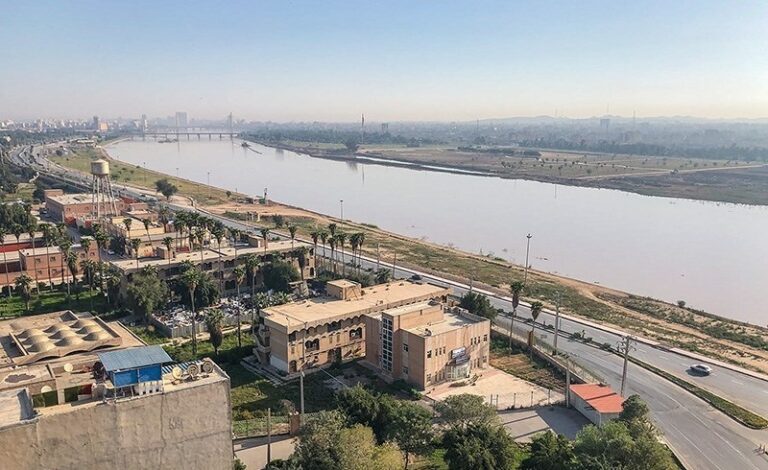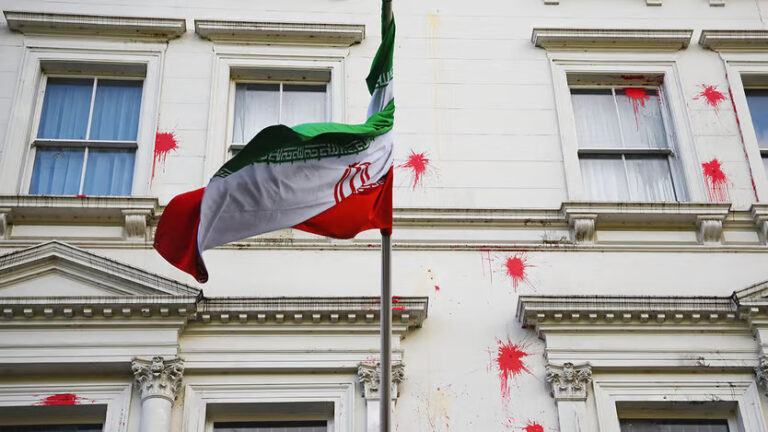By Mohammad Akef Jamal, Special to Gulf News
Published: 00:00 April 14, 2010
Dealing with Tehran may prove to be one of the most difficult tasks in this region. The difficulties are due to Iran’s wide reach throughout the Middle East and beyond, and its insistence on holding onto whatever it considers an achievement.
One of these achievements is the complicated set of relationships that Iran has established with countries, parties, movements or individuals in different parts of the world, and especially in the Middle East.
These relations have contributed to widening the regional political role played by Tehran. Iran considers this its rights as a regional force and expects recognition from others.
The US, on the other hand, believes Iran is rallying enemy forces against it and its allies, harming its interests in the region.
Another of Iran’s controversial achievements is its nuclear programme and development of ballistic rockets beyond what is required for self-defence.
The US and its western allies, especially France, are pushing for a fourth round of sanctions on Tehran, amidst Russian and Chinese reluctance. This means that this latest round of sanctions is likely to be no more effective than those that came before it.
Ineffective
Most probably there will be an agreement on watered-down sanctions that will not jeopardise the numerous and complex interests of Russia and China in Iran.
Despite the fact that Russia and China have repeated on several occasions that a diplomatic solution should be pursued, they do not exclude the possibility of sanctions.
However, talking about sanctions is one thing and applying them is an entirely different matter.
China only took part in the UN negotiations that took place in Washington to discuss a fourth round of sanctions as a result of significant diplomatic efforts on the part of the US and its western allies.
The US position regarding the Iranian nuclear issue is clearly clumsy. In her speech to the 2010 American Israel Public Affairs Committee Policy Conference, US Secretary of State Hilary Clinton mentioned Iran four times in one paragraph, emphasising that ineffective penalties have to be substituted with hard-hitting sanctions.
However, judging from past experience of the way the West has dealt with Iran’s nuclear programme, it is safe to say that Clinton’s threats are empty and do not scare Tehran in the least.
The secretary of state is not a decision-maker when it comes to this issue — in fact, neither is the US.
Clinton made her statement in the context of preparations for a fourth round of sanctions against Iran. Hence, she flexed her muscles and used strong words that suited the occasion.
The three previous rounds of sanctions on Iran appeared to have little effect, at least compared to the ruthless economic sanctions imposed on Iraq for 13 long years.
Only three days after Clinton’s speech, US newspapers reported on their front pages that “the US has backed away from pursuing a number of tough measures against Iran” in order to win Russian and Chinese support for one more UN Sanctions resolution.
Hence the fourth batch of penalties will not affect the oil and gas sector in Iran, and therefore won’t really affect Iran’s economy.
Undoubtedly, Iran will not take Clinton’s words seriously. Why should the Iranians believe her? US President Barack Obama set a number of deadlines last year for a negotiated settlement of the Iranian nuclear issue, all of which Tehran ignored, and Obama let it slide.
In his Persian New Year message to Iran, Obama effectively waived the deadlines, saying “our offer of comprehensive diplomatic contacts and dialogue stands.”
Defiant
Iran has refused to shut down its nuclear programme, and with well-thought-out tactics and manoeuvres it has frustrated western plans to force it to enrich its uranium in foreign countries such as Russia or France. It has also rejected a proposed exchange of low-enriched uranium for uranium that has been sufficiently enriched so that it can be used in its research nuclear reactor.
All this has dragged on over many years, during which time Iranian negotiators have proved their ability to capitalise on the many disagreements between the UN Security Council’s members.
During this period of time, Iran has overcome the sanctions and penalties and reaped many successes. It has doubled the number of centrifuges used in its uranium-enrichment process and doubled its assets of low-enriched uranium. It has also taken additional steps that have increased western countries’ concerns, such as declaring that it would enrich uranium to 20 per cent.
Recently, Iran also announced that it had started operating new centrifuges that are three times faster than those it had used previously, and its intention to open new uranium-enrichment centres. All this has put an end to any illusions that Iran may one day give up its nuclear programme.
(Dr Mohammad Akef Jamal is an Iraqi writer based in Dubai)
Source: Gulf News











+ There are no comments
Add yours